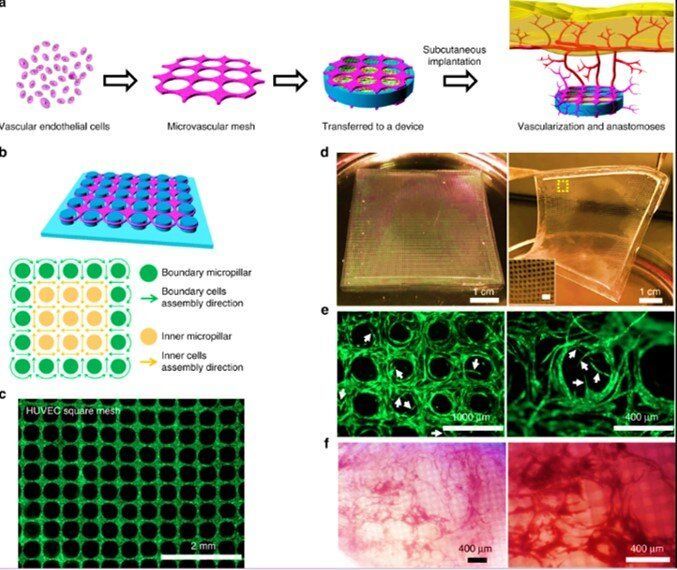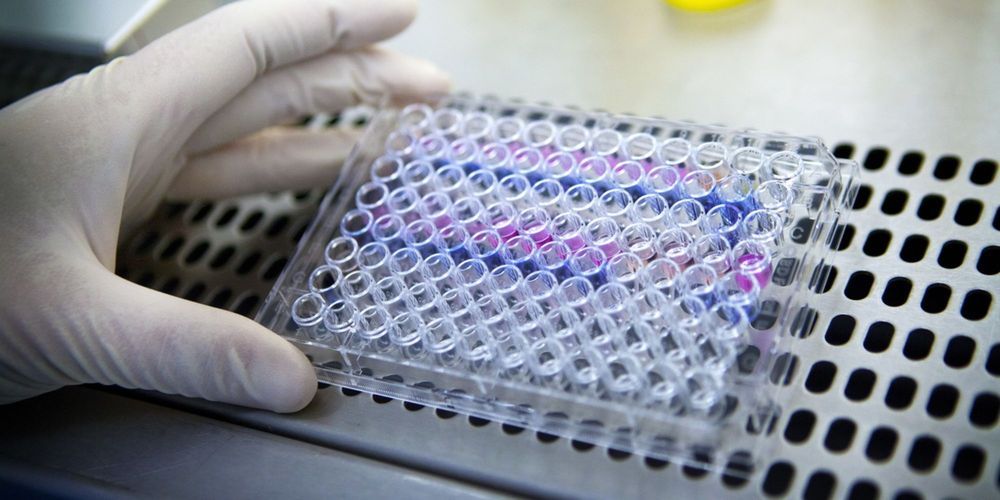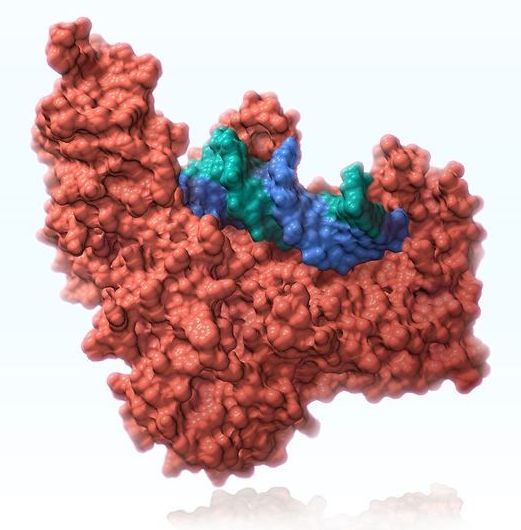We may have made a small dent in the number of annual cases, but there are still hordes of microbes out there.



To successfully engineer cell or tissue implants, bioengineers must facilitate their metabolic requirements through vascular regeneration. However, it is challenging to develop a broad strategy for stable and functional vascularization. In a recent report on Nature Communications, Wei Song and colleagues in the interdisciplinary departments of Biological and Environmental Engineering, Medicine, Mechanical and Aerospace Engineering, Clinical Sciences and Bioengineering in the U.S. described highly organized, biomimetic and resilient microvascular meshes. The team engineered them using controllable, anchored self-assembly methods to form microvascular meshes that are almost defect-free and transferrable to diverse substrates, for transplantation.
The scientists promoted the formation of functional blood vessels with a density as high as ~200 vessels per mm-2 within the subcutaneous space of SCID-Beige mice. They demonstrated the possibility of engineering microvascular meshes using human induced pluripotent stem-cell (iPSCs) derived endothelial cells (ECs). The technique opens a way to engineer patient-specific type 1 diabetes treatment by combining microvascular meshes for subcutaneous transplantation of rat islets in SCID-beige mice to achieve correction of chemically induced diabetes for 3 months.
Vasculature is an essential component of any organ or tissue, and vascular regeneration is critical to successfully bioengineer implants. For instance, during cell replacement therapy for type 1 diabetes (T1D), transplanted insulin producing cells rely on the vasculature to function and survive. Bioengineers often use vascular endothelial cells such as human umbilical vein endothelial cells (HUVECs) to spontaneously assemble into tubular structures within the extracellular matrix (ECM). But the resulting structures can be random, uncontrollable and less efficient for microvascular regeneration. Scientists have recently developed three-dimensional (3D) printing techniques to engineer controlled cellular constructs with embedded vessels. However, it remains challenging to 3D print resilient and transferrable, high-resolution, microvasculature.

MIT researchers have developed a model that recovers valuable data lost from images and video that have been “collapsed” into lower dimensions.
The model could be used to recreate video from motion-blurred images, or from new types of cameras that capture a person’s movement around corners but only as vague one-dimensional lines. While more testing is needed, the researchers think this approach could someday could be used to convert 2-D medical images into more informative—but more expensive—3D body scans, which could benefit medical imaging in poorer nations.
“In all these cases, the visual data has one dimension—in time or space—that’s completely lost,” says Guha Balakrishnan, a postdoc in the Computer Science and Artificial Intelligence Laboratory (CSAIL) and first author on a paper describing the model, which is being presented at next week’s International Conference on Computer Vision. “If we recover that lost dimension, it can have a lot of important applications.”





2019 has been off to great gains in our treatment of cancer at CHIPSA Hospital. The CHIPSA Approach™ has been a simple one: forget our ego and preconceived notions of what works in treating cancer, and be open to all possibilities. This includes considering both natural and man-made medications for the treatment of what is now considered incurable stage 4 cancer.
This approach is different from what has been used in the past. Our experience tells us that the alternative and conventional sides of medicine have long been at odds with each other regarding what is the best treatment. Each side casts giant stones at the other, all while millions of people are dying of cancer every year.
When CHIPSA Hospital reopened in August of 2015 after being closed for two years, it reopened with part of the old staff, many of whom worked with the legendary pioneer Charlotte Gerson. But it also reopened with a new group of doctors and scientists who are passionate about evolving alongside the latest scientific developments to fight this disease. CHIPSA has used nearly every natural method that’s known, and the fact is, in many cases, it simply is not enough. That’s not to say we haven’t seen amazing results in patients who adhere to natural therapies, but we simply aren’t satisfied with those results alone.

Scientists at the University of Birmingham have unravelled the genetic mechanisms behind tiny waterfleas’ ability to adapt to increased levels of phosphorus pollution in lakes.
By mapping networks of genes to the physiological responses of ancient and modern waterfleas (Daphnia), the researchers, based in the University’s School of Biosciences, were able to show that a cluster of over 800 genes, many of them involved in metabolic processes, evolved to become “plastic”, or flexible.
This allows the modern Daphnia to adjust its gene expression according to the amount of phosphorus present in the environment. This is particularly fascinating as their 700-year-old ancestors were incapable of such a plastic response.
“Federal health officials say the numbers of antibiotic resistant bacteria much worse than previously thought the centers for disease control warned in twenty thirteen that poor stewardship of antibiotics was causing more infections that couldn’t be treated a new report today says those cases have double billions are affected and tens of thousands dying in the U. S. alone the CBC’s Michel Craig ads proper use of antibiotics is key and that just because you have a cold it doesn’t mean you need them but take them if you do taking antibiotics as prescribed by your doctor when to start them when to stop them don’t demand an antibiotic and then you can also follow the you know the common sense prevention and then brown fox”
KNSS.